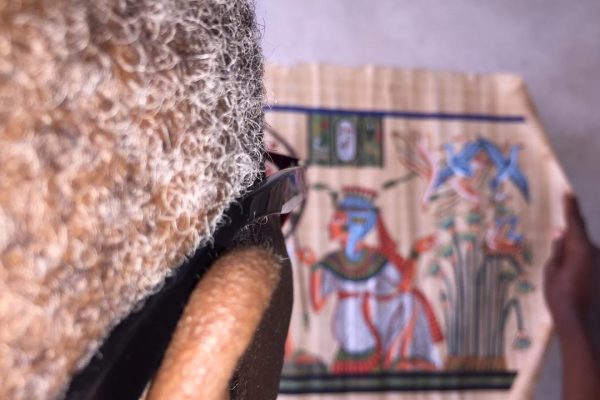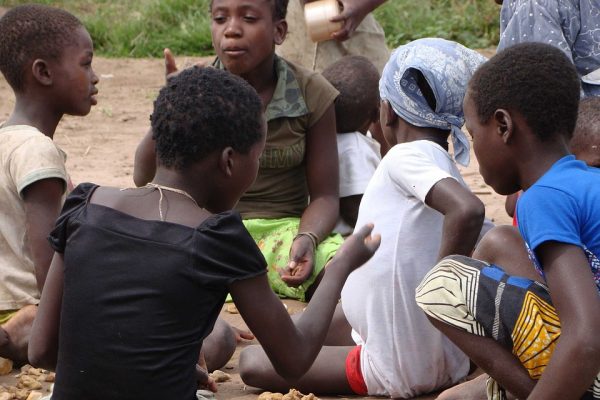Learning a new language is a very interesting phenomenon; but, sometimes, it is not without its own downsides. More often than not, an Igala language student is faced with occasional interference, either from another language or other language varieties, mostly through code-switching. Wikipedia defines code-switching as “language alternation,” describing a situation where a speaker ‘alternates’ from one language to another without control. It is true that the Igala alphabet descended from the English alphabet; but […]
Origins: Genealogy Bonds Ethnicities
Like twin infants exchanged in their cots in a maternity ward at birth, groups of ethnic nationalities in my African country act like strangers to one another. Whereas, if they were a bit more careful, they would know that there is a supernatural bond of common patrilineal ancestry tying them together. If they had carefully studied these so-called strangers’ family pedigrees, their peculiar animal totems and traces of lexical commonalities between their two languages, they […]
The Igala Alphabet
The website’s in-house teacher has assumed duty in the Kigala Klassroom, beginning his teaching of Igala language from the cradle – the ABC of education, the alphabet. When a child is born, its mind is completely clean, like a blank slate or tabula rasa. Then, physical impressions and psychological responses come together to influence its mind. The child’s first teacher is, naturally, its mother; later, the nursery school teacher joins her in his education, beginning […]
Igala Grammar: Vowels and Tones
THE SEVEN IGALA VOWELS IN DETAIL Igala vowels are not static. Rather, they are highly mobile, as they alter their sounds frequently in speech. For instance, a high-sounding vowel is used when a speaker suddenly realizes that he has mistakenly left something behind; and he exclaims: “Óóó! Ú gbényọ́ọ̀!” (Oh, I forgot). Note that the speaker’s voice pitch is high. The next minute, he is responding to a proposal; and he gives his consent, saying: […]
Igala Grammar: Parts of Speech
A major impediment to in-depth study of African languages is the absence of metalanguages for studying them in schools. This consciousness has elicited a patriotic response from concerned Igala linguists and ‘linguistic engineers,’ who have come together to lay a foundation for the scientific study of Igala language, starting with creating a metalanguage that will facilitate learning. Their first preoccupation was the coinage for the English word, ‘grammar,’ as Ọ̀kpàkpà-Ùkọ̀là (Correct Use of Words). Based […]





